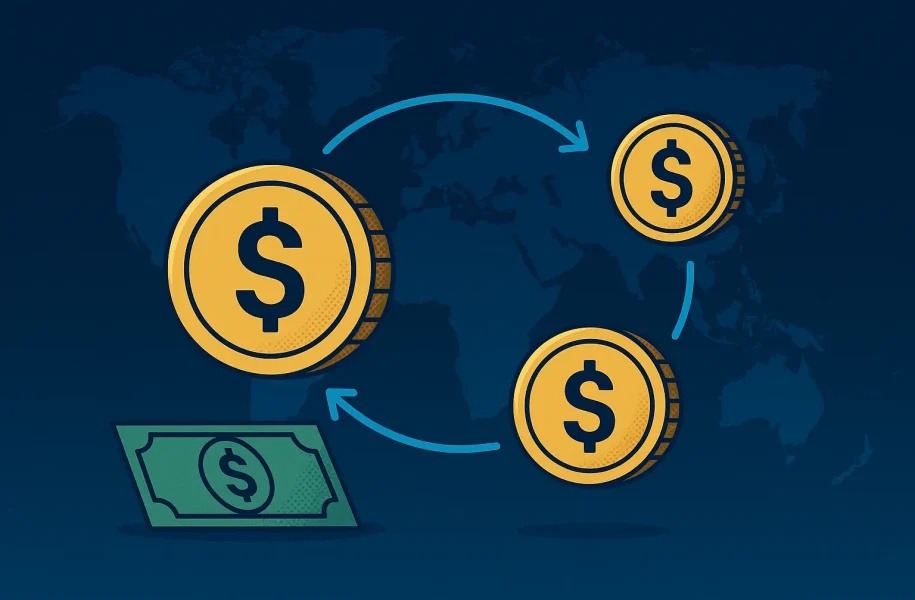A sharp rise in borrowing costs comes as the government prepares for a peso debt auction Wednesday to roll over US$17.4 billion in maturities, or a third of the economy’s money. On Monday, yields on the Argentine government’s short-term notes reached unprecedented levels, occurring merely two days prior to an auction by the Treasury that will serve as an indicator of investor sentiment ahead of the pivotal midterm elections in October.
The yield on Lecap notes maturing September 12 surged to 65 percent, marking its peak since the instrument’s initial issuance a year prior, and rising from 46 percent at the beginning of August, as per data crunching. Interest rates on other Lecaps experienced a significant increase.
The notable rise in borrowing costs coincides with the government’s upcoming peso debt auction on Wednesday, during which it aims to roll over approximately 23 trillion pesos (US$17.4 billion) in maturities, representing about one-third of the total money supply in Argentina’s economy. This situation illustrates a liquidity crunch within the local financial system, a consequence of the central bank’s decision to raise reserve requirements. This action is intended to alleviate pressure on the exchange rate and to control inflation.
In July, Argentina’s currency experienced a decline exceeding 12 percent, marking its most significant depreciation since President Javier Milei implemented a devaluation of the peso at the onset of his administration. Last month, an increase in dollar demand occurred simultaneously with a seasonal downturn in agricultural export flows, which are a primary source of foreign currency in South America’s second-largest economy.
During the month of July, the government engaged in the infusion of pesos into the economy, concurrently accumulating international reserves to fulfill the objectives outlined in its US$20-billion agreement with the International Monetary Fund. Simultaneously, there was a notable increase in dollar demand from the private sector, as businesses aimed to secure a hedge in anticipation of the upcoming October midterm elections. Market participants are paying keen attention to the significant provincial elections occurring in Buenos Aires on September 7. “The system is under strain again.”
“Rates are under pressure because banks no longer have a liquidity window,” after the latest Central Bank’s measures, said Juan Manuel Pazos, economist at local consulting firm One618. “The issue arises primarily from a deficiency in the framework of monetary policy rather than from any electoral uncertainties anticipated by investors.”
As analysts observe July monthly inflation showing a slight uptick, the prevailing market apprehension is that if the Milei administration fails to rollover all the notes, it might inadvertently introduce liquidity into the banking system. This action could potentially catalyze additional price increases, posing a threat to the libertarian’s approval ratings. Finance Secretary Pablo Quirno announced in a post on X on Monday that the government plans to auction peso-denominated bills and notes that are tied to inflation and the exchange rate this Wednesday.

